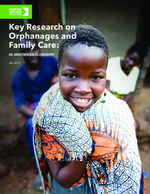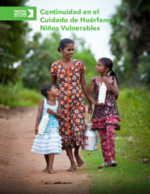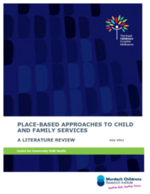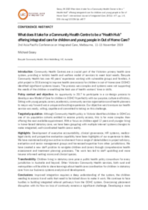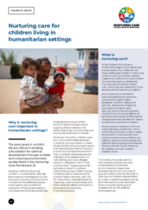Key Research on Orphanages and Family Care: An Annotated Bibliography
This resource is provided as a working bibliography of key research and evidence-based policy papers on the care of orphans and other vulnerable children separated from parental care.

